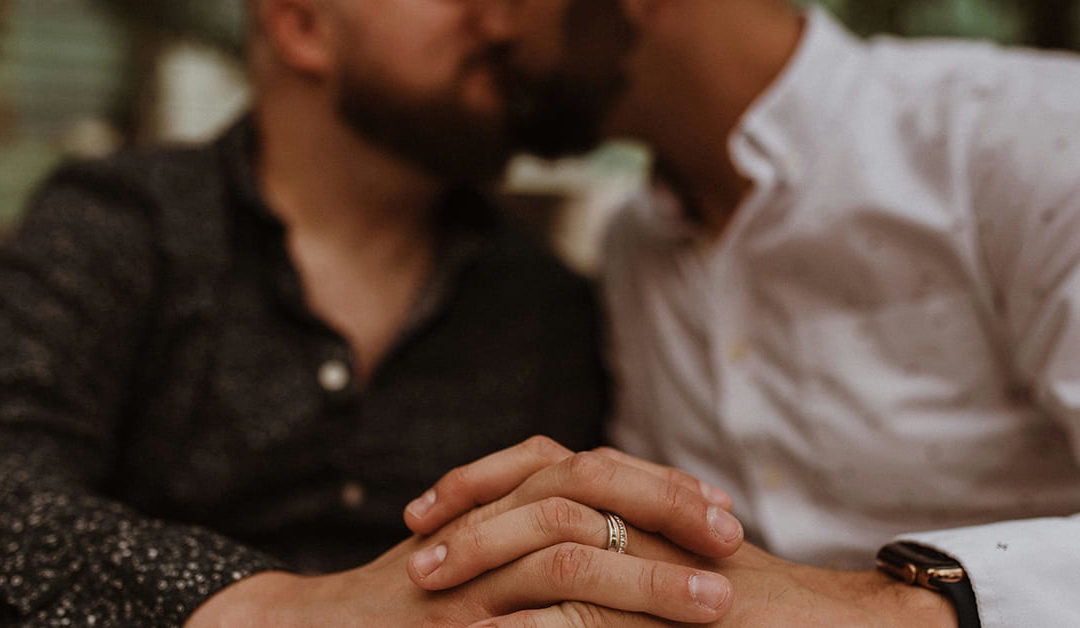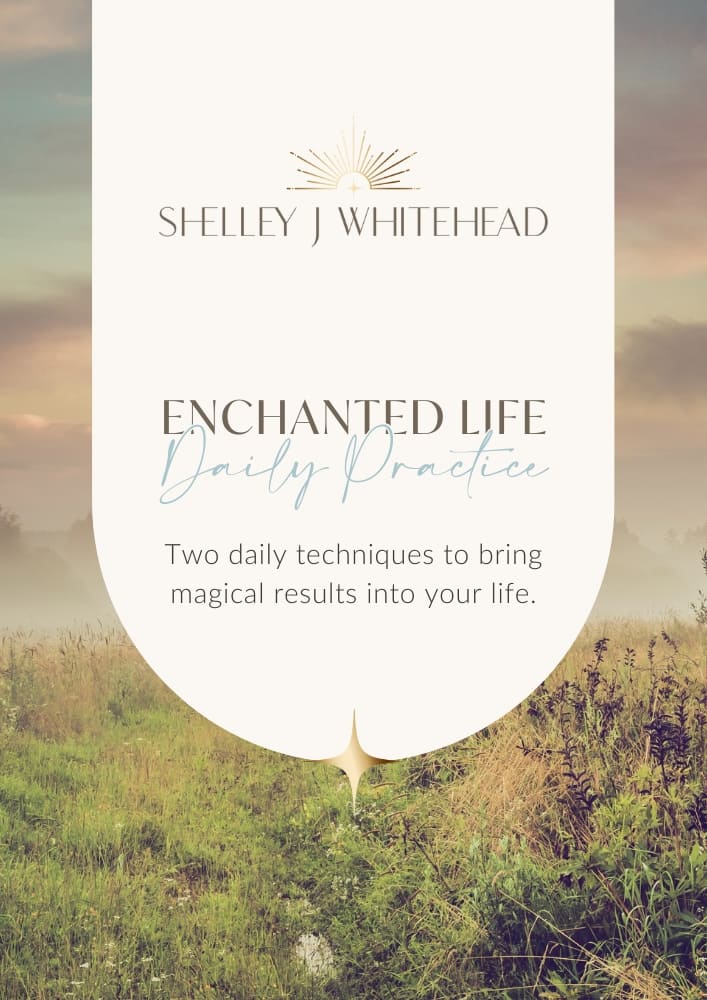How to handle invasive questions in early dating
Emotional safety matters, even on a first date.
Early dating should feel curious, light and open. But sometimes, it doesn’t. Sometimes, someone you’ve just met asks a question that feels far too personal, too soon—leaving you unsure how to respond. Whether it’s over a dating app chat or during your first date, these invasive dating questions can make you feel like you’re being assessed, not connected with.
Invasive dating questions can catch you off guard
If you’ve ever been asked something that made you freeze, flinch or fawn, you’re not alone. And this is exactly where dating boundaries become essential, not to push people away but to protect your emotional safety in dating.
Why are you still single?
(And other questions that sound harmless but aren’t)
It sounds innocent. Maybe even flattering. But “Why are you still single?” can be loaded with judgment or subtle pressure to justify your worth. This question often implies that if you’re “so great,” something must be wrong and now it’s your job to explain it.
You’re allowed to respond with grace and strength.
Try: “I’d rather focus on where I’m going than defend where I’ve been.”
Or: “That’s a big conversation—not one I usually unpack on a first date.”
Remember: emotional safety in dating means not feeling like you have to defend your life story to a stranger.
Trauma probing disguised as “deep connection”
Some people ask intensely personal questions early on, whether about your childhood, your past relationships or your biggest wounds. It might feel flattering at first, like they want to really know you. But in reality, it can be a way of fast-tracking false intimacy or testing your emotional openness before they’ve earned your trust.
This is where dating boundaries come in.
You can say: “I’ve done a lot of healing around that but I don’t talk about it with people I’ve just met.”
A respectful partner will honour your pace. A red flag is someone who pushes past it.
Financial or status-based questions
“Do you rent or own?”
“What do you do exactly?”
“How much do you make?”
These might be framed as curiosity but often they’re about trying to place you in a box or assess your value based on external measures.
It’s okay to protect your privacy.
If you’re uncomfortable with the question you can respond with: “I prefer to talk about things that reflect who I am, not just what I earn or own.”
This is one of those first date questions that might seem benign, but if it comes with a tone of entitlement or calculation, it’s a sign to pause and reflect.
Being interviewed instead of seen
Sometimes, early dating can feel more like a job interview than a conversation. A string of intense, back-to-back questions can create pressure, especially if they skip over mutual curiosity or emotional presence.
Connection isn’t built through interrogation. It’s built through pacing, shared energy and attunement. If you feel like someone is just ‘collecting data’, your nervous system is probably trying to tell you something.
That’s a moment to check in with your dating boundaries and remind yourself: You’re not here to be assessed. You’re here to connect—with clarity and care.
You don’t have to answer every question
This might be the most important reminder: Just because someone asks a question doesn’t mean you owe them an answer.
Emotional safety in dating is your right, not something you earn through openness. If a question makes you uncomfortable, trust that. If you need to say, “That’s not something I want to get into right now,” that’s valid.
Boundaries are not walls. They’re about clarity and empowerment. They show you who’s willing to meet you where you are.
You deserve to be known at a pace that honours your heart
The early stages of dating are not just about figuring out if you like them. They’re also about learning how someone responds to your pace, your preferences and your emotional rhythm.
Pay attention to how someone reacts when you set a boundary. That response is often more revealing than the question itself.
Because the people who are ready for real connection? They’ll respect your “not yet” as much as your “yes.”



